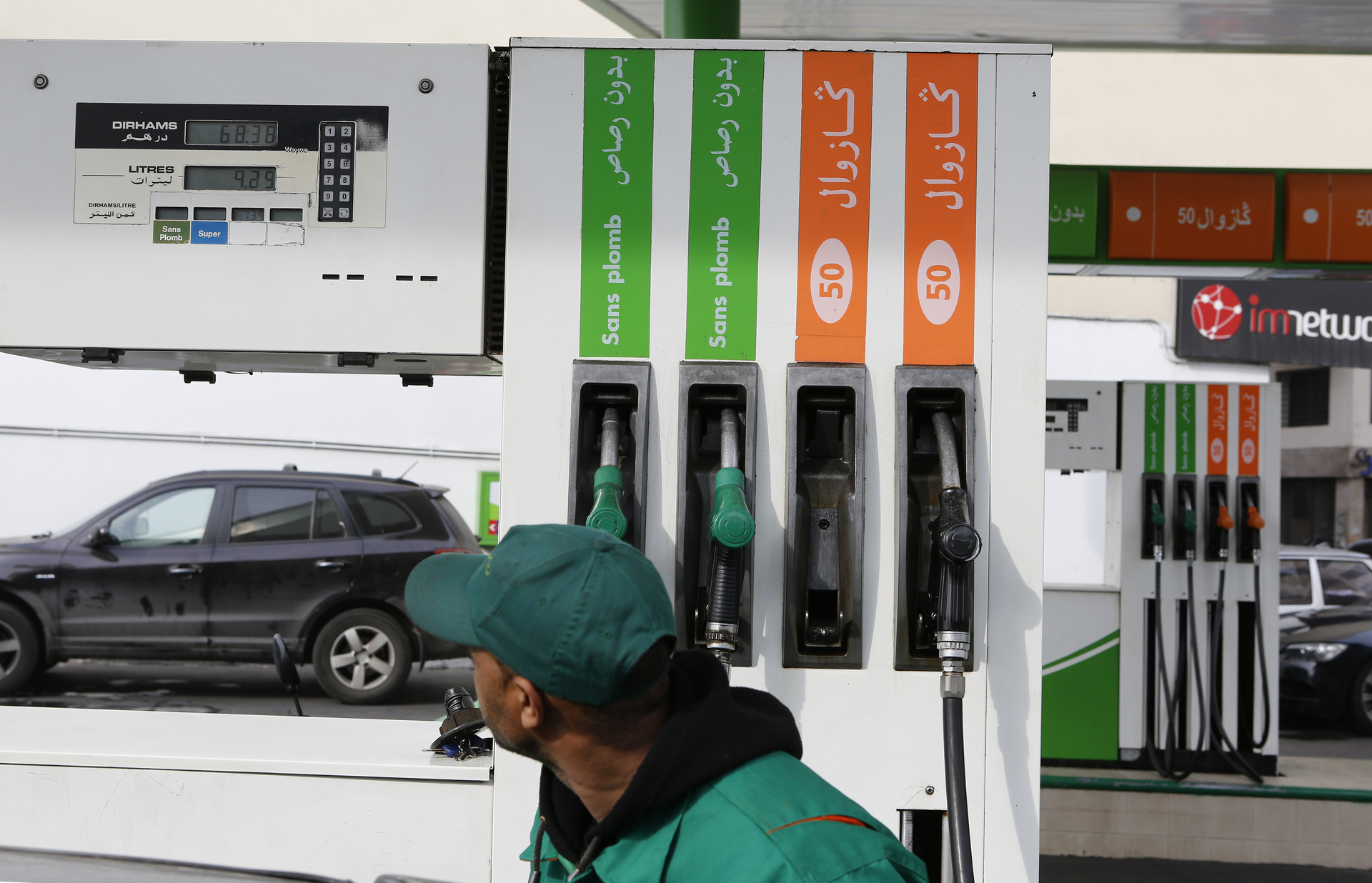On Thursday, November 4, the OPEC + countries approved the parameters for oil production in December.
Following the negotiations, the representatives of the states decided to leave the previously agreed plans unchanged and to increase oil production by a total of 400 thousand barrels per day.
After the meeting, Russian Deputy Prime Minister Alexander Novak said that in January and February 2022, the exporting countries also plan to increase production by 400 thousand barrels per day every month.
However, according to him, in the event of a stronger than expected recovery in oil demand, OPEC + members may take additional measures to stabilize the market.
“Our dialogue ... allows us to monitor the situation on a monthly basis.
At the same time, of course, if we see a significant recovery in demand, despite the seasonal factor, we will have every opportunity to respond quickly, "- quoted Novak TASS.
As Natalya Milchakova, deputy head of the Alpari information and analytical center, told RT, investors highly appreciated the likelihood of keeping OPEC + plans to increase production in December.
Against this background, the outcome of the negotiations did not lead to a serious reaction in oil prices.
In the middle of the day, the cost of Brent crude on the ICE exchange in London rose by 3% - to $ 85.5 per barrel.
However, after the results of the meeting were announced, quotations began to gradually adjust and dropped to $ 80.6 per barrel.
Recall that the OPEC + agreement includes 23 oil-producing countries, including Russia.
As part of the deal, the states jointly control the production of energy resources to achieve a balance between supply and demand in the global hydrocarbon market.
Such a policy should keep oil prices from sharp fluctuations.
Now, against the background of the recovery of the world economy from the consequences of the pandemic, the global demand for energy resources is growing rapidly.
Under these conditions, since August 2021, oil exporters began to increase hydrocarbon production by 400 thousand barrels per day per month.
According to experts, taking into account high oil prices, OPEC + countries could increase production from December by 500-600 thousand barrels per day at once and subsequently earn more.
However, as analysts note, the global demand for fuel is still subject to the risks of a pandemic, therefore, an excessive increase in the supply of oil risks shaking the balance in the global hydrocarbon market and leading to a fall in the cost of raw materials.
“The world is still gripped by the coronavirus pandemic, which means that the global demand for oil, which, according to various estimates, has already reached 100 million barrels per day, may decline at any time.
Thus, now there are no objective reasons to increase production above the established level, ”explained Natalya Milchakova.
It is curious that a few days before negotiations between the oil exporting countries, US President Joe Biden accused Russia and OPEC of unwillingness to increase production.
According to him, the actions of the alliance have become one of the main reasons for the rise in fuel prices.
Moreover, Washington plans to put pressure on OPEC to bring prices down.
This was previously stated by the press secretary of the White House Jen Psaki.
© REUTERS / Youssef Boudlal
However, a more active increase in production may threaten not only the world oil market, but also the union itself.
This point of view in an interview with RT was expressed by Igor Galaktionov, an expert on the stock market "BCS World of Investments".
“The owners of a large volume of reserve capacities, in particular, Saudi Arabia, could legitimately increase production at a faster pace.
However, smaller participants who are not keeping up with the leaders may start to worry about their market share, which will jeopardize the existence of the alliance.
I believe that OPEC + participants do not need such a risk, especially since they are quite satisfied with high prices, ”the analyst explained.
According to Natalia Milchakova, if the current conditions are maintained, the price of Brent oil will soon be able to reach $ 87 per barrel.
The last time a similar value could be observed back in October 2014.
As the specialist notes, such a rise in oil prices should have a positive effect on the state of the Russian budget and the dynamics of the ruble.
“The Russian budget for 2021 initially set aside an average oil price of $ 43.3 per barrel, but today the prices are already twice as high.
Accordingly, the country receives additional oil revenues and will end the current year with a good budget surplus.
At the same time, the rate of the Russian currency will fluctuate between 69-74 rubles per dollar and 80-85 rubles per euro until the end of the year, ”Milchakova concluded.

